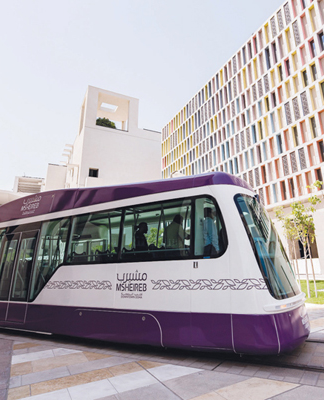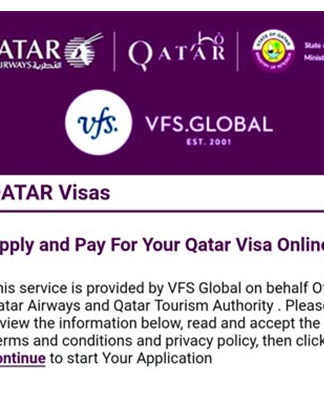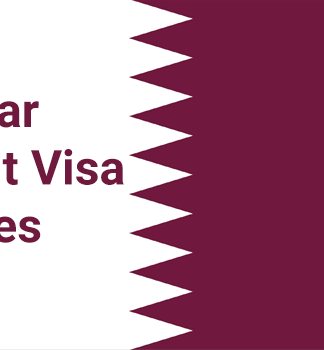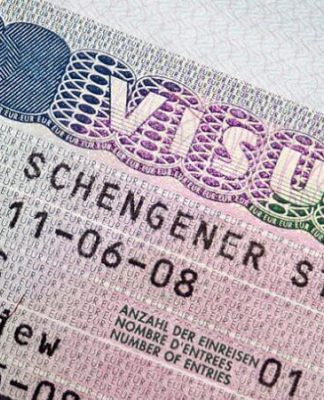Starting a Business in Qatar and Thinking of starting a business within Qatar?
Find out about LLCs, representative offices, and the partnership arrangements necessary.
With its fast growing population and high GDP per capita, starting a business in Qatar can be extremely profitable. However, choosing the correct business vehicle and local partner is crucial for the safety and security of the investment over the long term.
This article aims to outline the different types of business vehicle available to foreign investors before providing comment on the things to consider whilst starting a business in Qatar.
Firstly, it is important to note that foreign direct investment is promoted and foreign entities are welcomed in Qatar to help grow the economy. In addition, there are various incentives available to attract foreign capital including tax breaks and exemptions from customs duty.
In most cases, dependent upon the type of business vehicle, a local Qatari partner is required to hold 51% ownership of any new business. However, the Ministry of Economy and Commerce may permit foreign investors to own more than 49% of a company in specified sectors, namely agriculture, industry, health, IT, education, tourism, and the development of natural resources, energy or mining.
The Different Types of Business Vehicles
• Limited Liability Company (LLC)
A limited liability company (LLC) is the most commonly used vehicle for setting up in Qatar as a foreign investor and is often the only choice for many business activities.
In most cases, by Qatari law, LLCs must have at least a 51% Qatari ownership and choosing the correct partner is critical. However, it should be noted that the parties’ share of profit does not necessarily have to reflect their shareholdings and this can be outlined in the Articles of Association.
LLCs can hold contracts with multiple customers and have the ability to apply for most activities on their Commercial Registration.
To start an LLC, a minimum share capital of QAR 200,000 must be provided. This is to be deposited into a bank account until the Commercial Registration has been approved, at which time, the QAR 200,000 can be used as working capital for the day to day operations of the organisation.
In addition, 10% of each year’s net profits must be kept within a company until the reserve stands at 50% of the share capital.
Corporation tax of 10% is levied on the company’s net profit and the company is required to be audited by locally registered auditors.
• Branch Office
A foreign company which is performing a specific contract in Qatar may set up a branch office if the project “facilitates the performance of a public service or utility,” i.e. has a contract with a Government entity. The branch must be authorised by the Ministry of Economy and Commerce.
In this case, there is no need for a Qatari partner and the foreign party can own 100% of the business. However, a branch office is only entitled to perform the specific contract for which it is registered.
A branch will be fully taxable unless it is granted a special exemption.
• Representative Trade Office
This can be used to promote a foreign company in Qatar and introduce its products to Qatari companies as a non-trading ‘shop-window’.
The Trade Representative Office is allowed to perform in the following manner:
Contact clients to acquaint them with its foreign establishment and companies that it represents, their services and production in order to widen its distribution circle.
Contact exporters and the sellers of materials and semi-manufactured material needed by the authorities it represents and removing barriers that obstruct the arrival of these materials to the authorities quickly.
Inform the authorities that it represents about the complaints it receives on its products, and to soften any difficulties related to the distribution of the products.
The Trade Representative Office is forbidden to do the following:
Export, import or sell except what it imports of the commercial samples of goods that are manufactured by the company or establishment that it represents for the sake of promotion.
Promote products and/or services that are not manufactured or presented by the company or establishment that it represents.
Make contact directly with consumers.
Again, there is no need for a Qatari partner and the foreign party can own 100% of the business. However, this is not an option for many companies who are looking to trade in products and services delivered in Qatar.

Things to Consider When Starting a Business in Qatar
• Choose the correct Qatari partner
The Qatari partner is not obliged to contribute financially or practically to the running of the company, and as the 51% shareholder, has the power to terminate the businesses operations without consultation if the proper agreements are not in place. For this reason, choosing the correct Qatari partner is critical to an organizations success within Qatar.
The Qatari partner can be in the form of an individual Qatari or a 100% fully owned Qatari company. Having a Qatari company as a partner is often a more secure and robust solution for the foreign company and there are a number of companies which have been established with the sole purpose of assisting foreign entities establish a business presence in Qatar.
It is also worth noting that, should a business fail, there is a personal risk to the owner, since debt and financial irregularities are considered to be serious offences, and the person may not be allowed to leave the country. This risk is greater if loans have been taken out from Qatar-based banks rather than home-country ones (whether the business is in a free zone or not).
• The need for office space
It is required by Qatari law that all companies have a 12 month lease on office space in order to obtain their trade license. Due to the high price of office space in Doha, this is often one of the largest costs for companies establishing in Qatar.






























